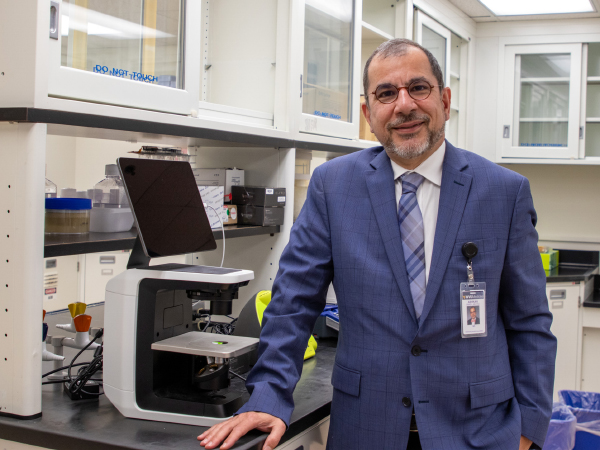The FDA Oncologic Drugs Advisory Committee on Sept. 26 voted that PD-L1 inhibitors should not be indicated for patients with PD-L1-negative gastric/gastroesophageal junction adenocarcinoma and esophageal squamous cell carcinoma.
To access this subscriber-only content please log in or subscribe.
If your institution has a site license, log in with IP-login or register for a sponsored account.*
*Not all site licenses are enrolled in sponsored accounts.
Login Subscribe
If your institution has a site license, log in with IP-login or register for a sponsored account.*
*Not all site licenses are enrolled in sponsored accounts.
Login Subscribe








